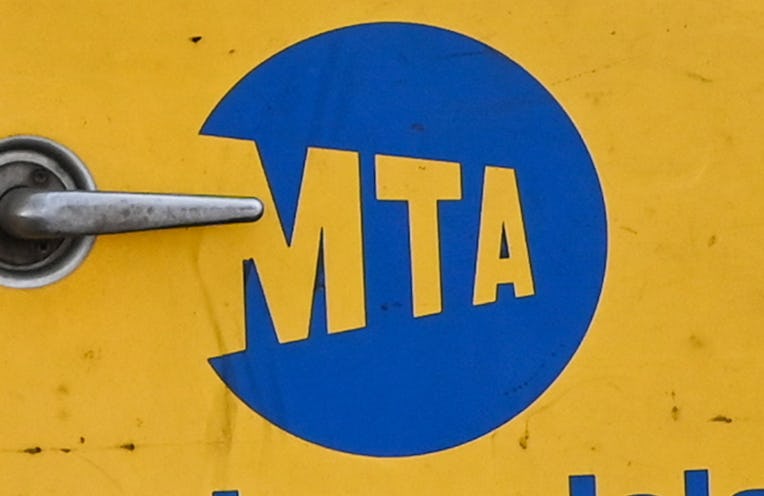MTA Honors Disability Activist With Plaque and 337 Missing Elevators
Consider installing elevators

The Metropolitan Transportation Authority hung a gold plaque to honor disability rights activist Edith Prentiss on Wednesday. Prentiss, who died in March, spent years railing at New York transit over its widespread lack of accessibility. She cruised around to public hearings and, as one obit put it, “dispensed with the niceties” at bureaucrats over the need for elevators so that people can use the subway, accessible cabs so that people can take them, and sidewalk cleaning so that wheelchair-users can leave their apartments during heavy snow.
As part of the advocate group Disabled In Action, she sued the MTA several times — some of those lawsuits are still active right now. Here is how the MTA celebrated her:
That’s great, but Disabled In Action President Jean Ryan, who was not invited to the ceremony, said it would be nicer if the MTA settled the four active lawsuits currently filed against the agency, some of which named Prentiss as a plaintiff. “I only found out about that little ceremony yesterday,” Ryan said. “I don’t care if I was invited or not. They knew I wasn’t going to go anyway. But Edith would have said ‘We want elevators, not plaques.’ She was not one for show. She was one for action. And so are we.”
Update: In a comment to Gawker after this post went live, an MTA spokesperson said that Ryan was not invited because it was an MTA-exclusive event, with only a few community members due to space concerns. “Edith would not have wanted us to block the sidewalk,” the spokesman said. Here’s what he said about the plaque:
The thought of her plaque came after lots of conversation with different areas of government and the MTA about the best way to honor her work and her service in city and state transportation. We thought honoring her at one of the elevators in her neighborhood would be the best way with a plaque that commemorated the work that she did.
Out of the 472 stations the MTA maintains, less than 30 percent are accessible — just 135, nine of which are just “partially accessible.” For their part, the MTA promised in 2019 to build new elevators and ramps at 66 stations across the city by 2024. That plan was put on hold during the pandemic. (Update: In their comment, the MTA said they had “already built 11 elevators.”) Here is Ryan’s response:
They know what the problems are but they’re not solving them. And they’re not settling the lawsuits. We want them to settle the four lawsuits that we’re involved in and settle them. We’re not asking for the moon. They have a lot of money. They’re always talking about how many elevators they’re going to make and then it turns out they don’t make them.
The MTA did not immediately return a request for comment. But if the agency is looking for places to start, here are the out of service elevators at subways across the city: